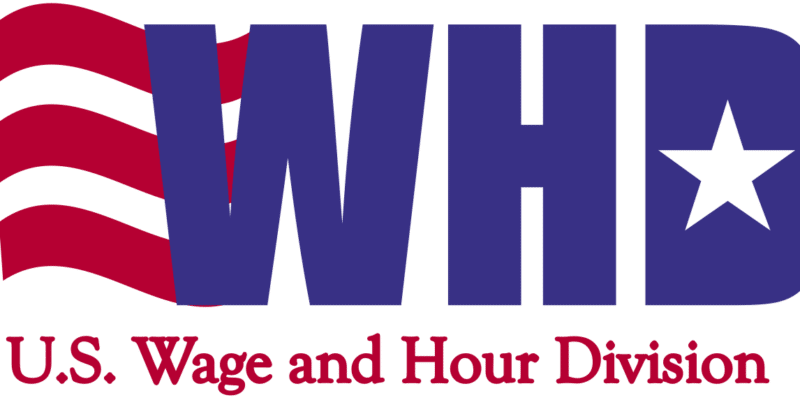Andrew Keatts
Kate Murphy
February 1, 2024
The city of San Diego on Wednesday reached a major deal for local construction unions, agreeing to a seven-year project labor agreement, or PLA, on all city work exceeding $5 million for the next two years and more than $1 million for the following five years.
State of play: The agreement among the San Diego County Building and Construction Trades Council stipulates wages and benefits for workers and guarantees sufficient labor to complete projects, while requiring contractors to hire through union halls.
National City, Chula Vista and La Mesa likewise agreed last year to PLAs for most city projects.
Between the lines: Those deals illustrate the dramatic remaking of union politics in San Diego in more than a decade.
In 2012, voters passed a ballot measure prohibiting the city from requiring PLAs on public works, following passage of similar bans around the county.
In 2022, city voters passed a ballot measure rescinding that ban, making way for the agreement the City Council approved Wednesday.
The big picture: The share of American workers who are union members hit a new low in 2023 — now 1 in 10 — although the total count of unionized employees rose slightly, Axios’ Nathan Bomey writes.
Why it matters: Advocates say unions are a needed proponent of worker rights and compensation, while critics suggest they throttle progress in the workplace.








